
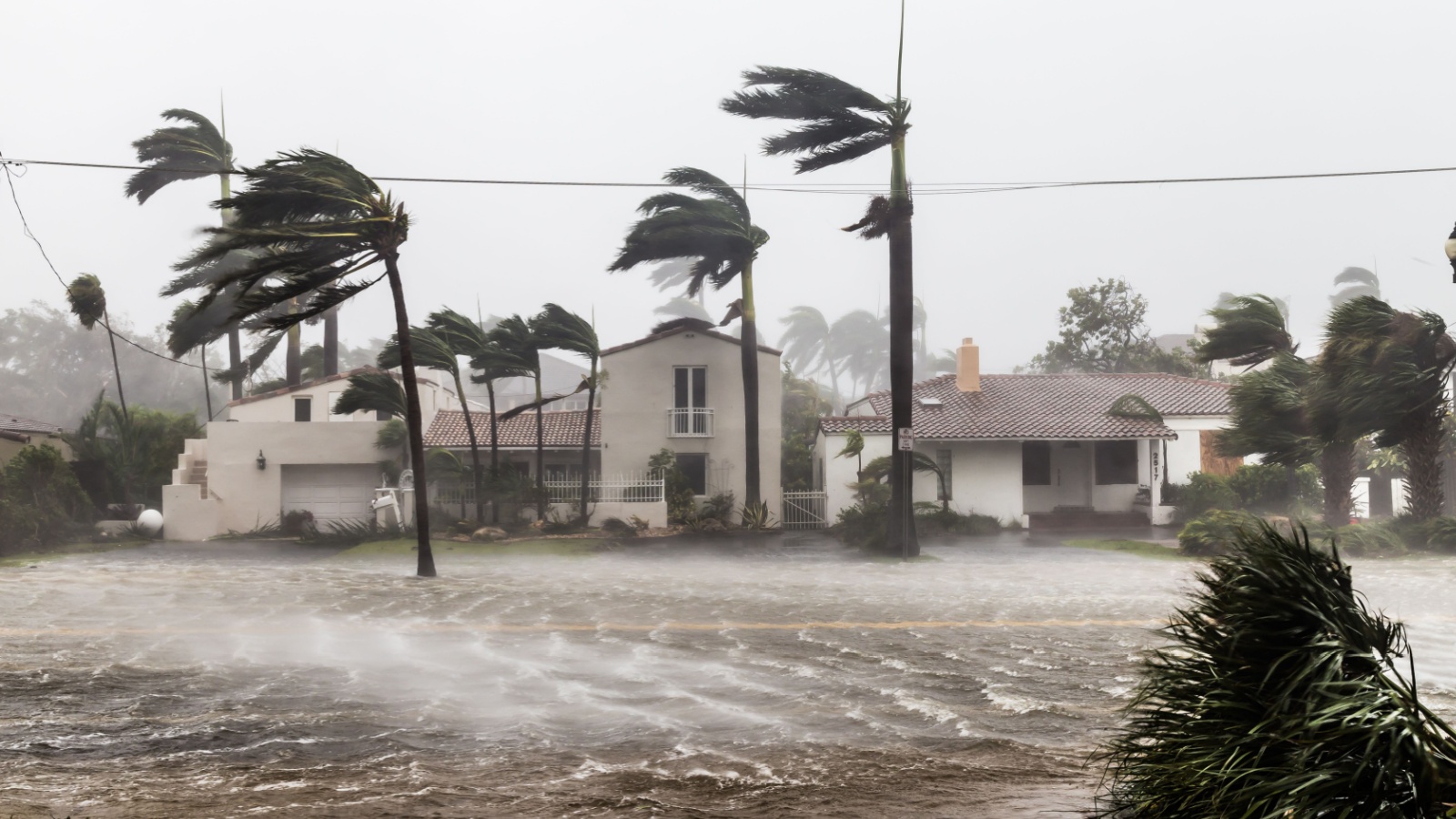
Don’t wait for the next crisis to get prepared. The world can be unpredictable, and being ready can make all the difference when disaster strikes. These 24 reasons show why it’s crucial to start prepping now.
With so many things that can go wrong, having a plan can help you handle anything that comes your way. This list highlights practical reasons to begin prepping today, ensuring you’re ready for whatever happens.
We picked these 24 reasons because they offer actionable insights into why preparedness matters. This isn’t just a generic list—it’s tailored to give you useful, immediate advice for getting started.
1. Increasing Frequency of Natural Disasters
Natural disasters are happening more often and with greater intensity. In the last 50 years, weather-related disasters have increased fivefold. Hurricanes, floods, and wildfires are becoming more common and severe. By prepping, you ensure you have supplies and a plan when these events strike. This can mean the difference between comfort and crisis during the first critical days after a disaster.
2. Economic Instability

The global economy is unpredictable. Recessions can happen suddenly, as we saw in 2008 and 2020. Job losses, market crashes, and inflation can quickly wipe out savings. By prepping, you create a buffer against economic shocks. Stockpiling food and supplies when prices are low can save you money and stress if prices surge or your income drops unexpectedly.
3. Cyber Attacks on Critical Infrastructure

Our reliance on technology makes us vulnerable to cyber-attacks. In 2021, the Colonial Pipeline hack caused fuel shortages across the eastern U.S. Power grids, water systems, and communication networks are all potential targets. Prepping ensures you can survive without these services for an extended period. Back-up power, stored water, and alternative communication methods can keep you safe and connected.
4. Pandemics and Health Crises
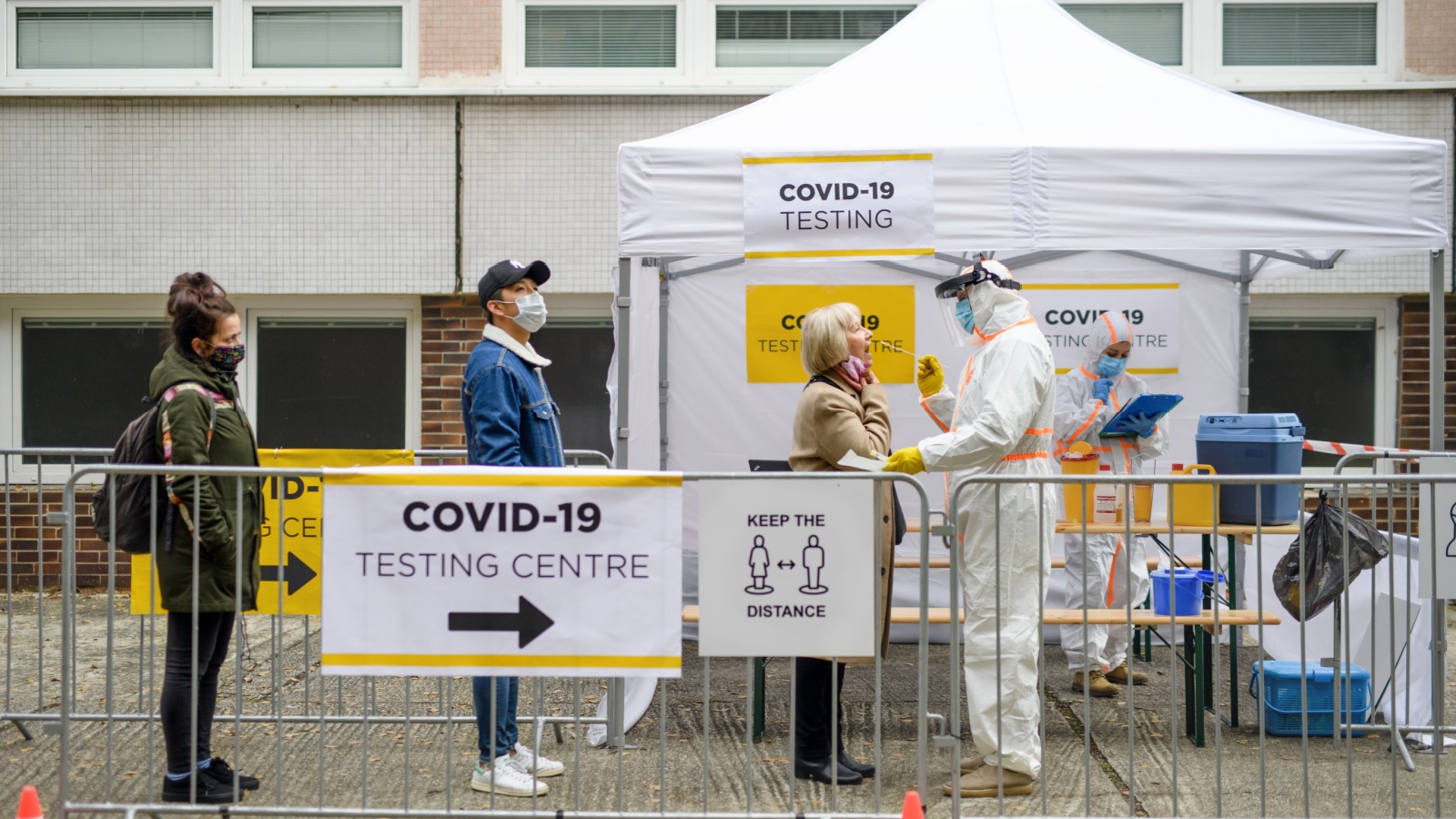
The COVID-19 pandemic showed how quickly a health crisis can disrupt daily life. Shortages of masks, sanitizers, and even toilet paper caught many off guard. Future pandemics or new variants could cause similar or worse disruptions. By prepping, you’ll have essential supplies on hand and be ready to isolate if needed. This protects your health and reduces strain on community resources.
5. Political Unrest and Civil Disturbances
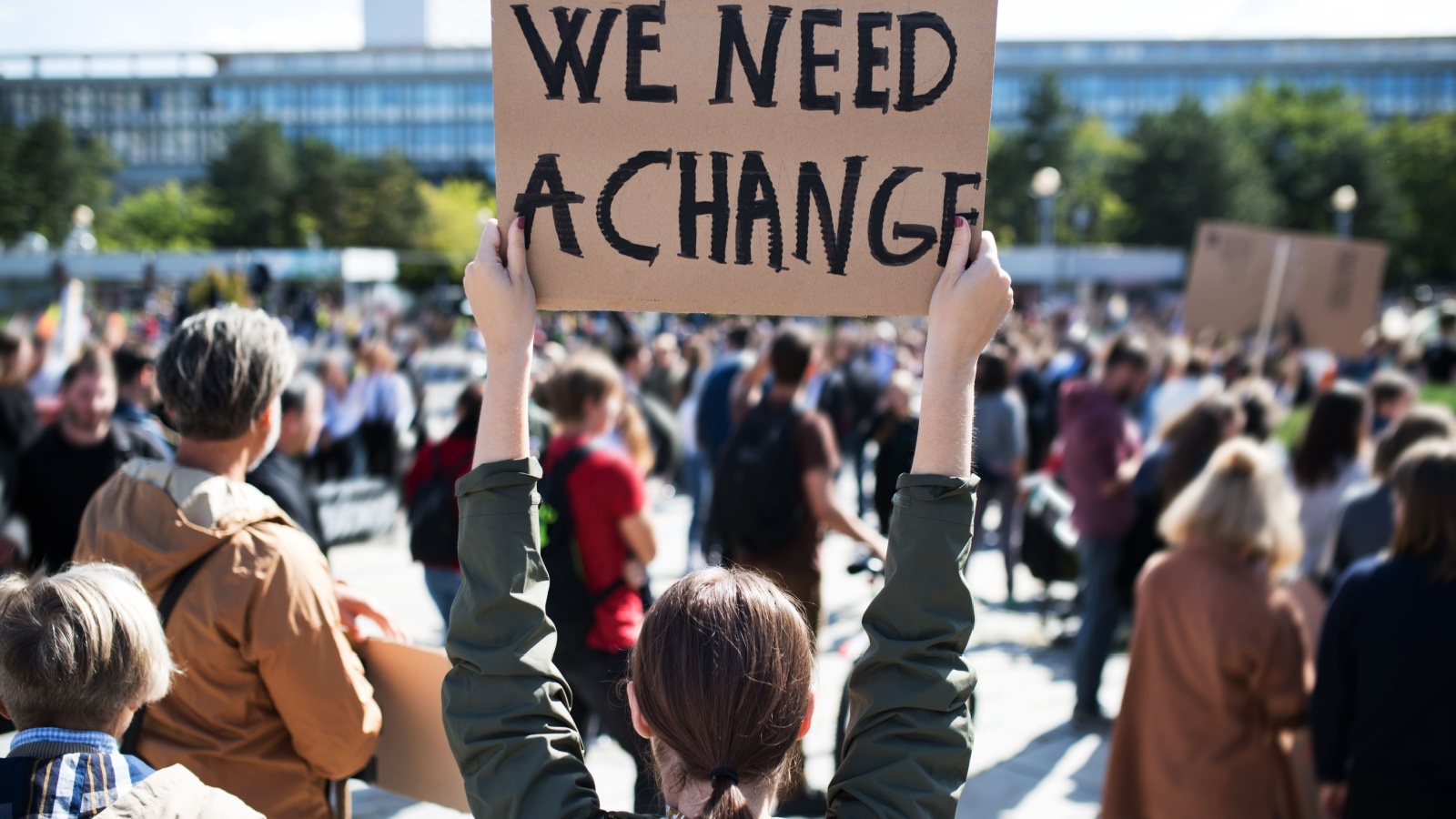
Political tensions can escalate quickly into civil unrest. We’ve seen peaceful protests turn into riots, leading to curfews and shortages. Having supplies at home means you can avoid potentially dangerous situations. Prepping also includes having a plan to evacuate or shelter in place if unrest spreads to your area.
6. Supply Chain Disruptions
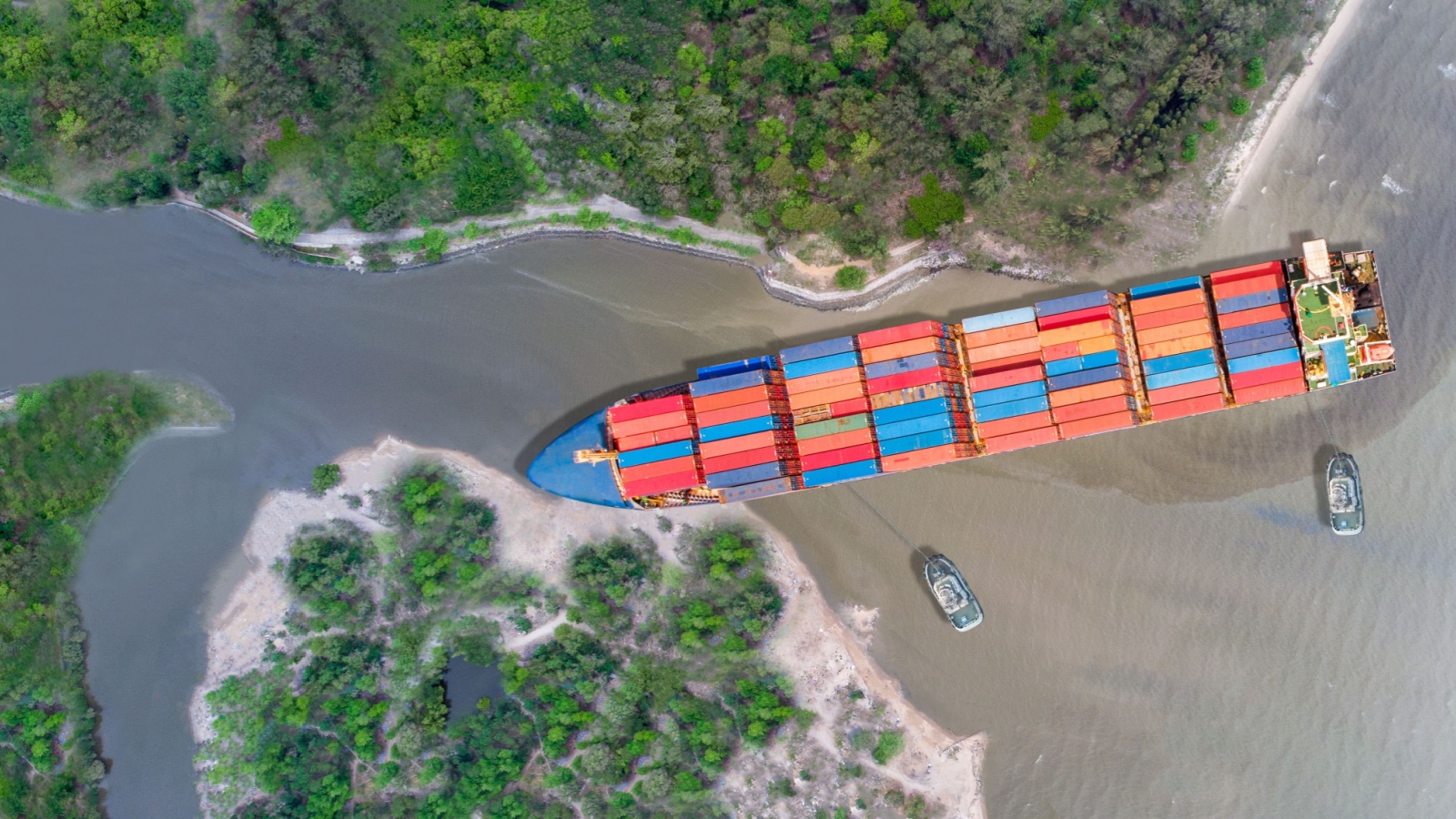
Global supply chains are complex and fragile. Events like the Suez Canal blockage in 2021 show how easily they can be disrupted. This can lead to shortages of food, medicine, and other essentials. By prepping, you create a personal supply chain. You won’t have to worry about empty store shelves or shipping delays for critical items.
7. Extreme Weather Events
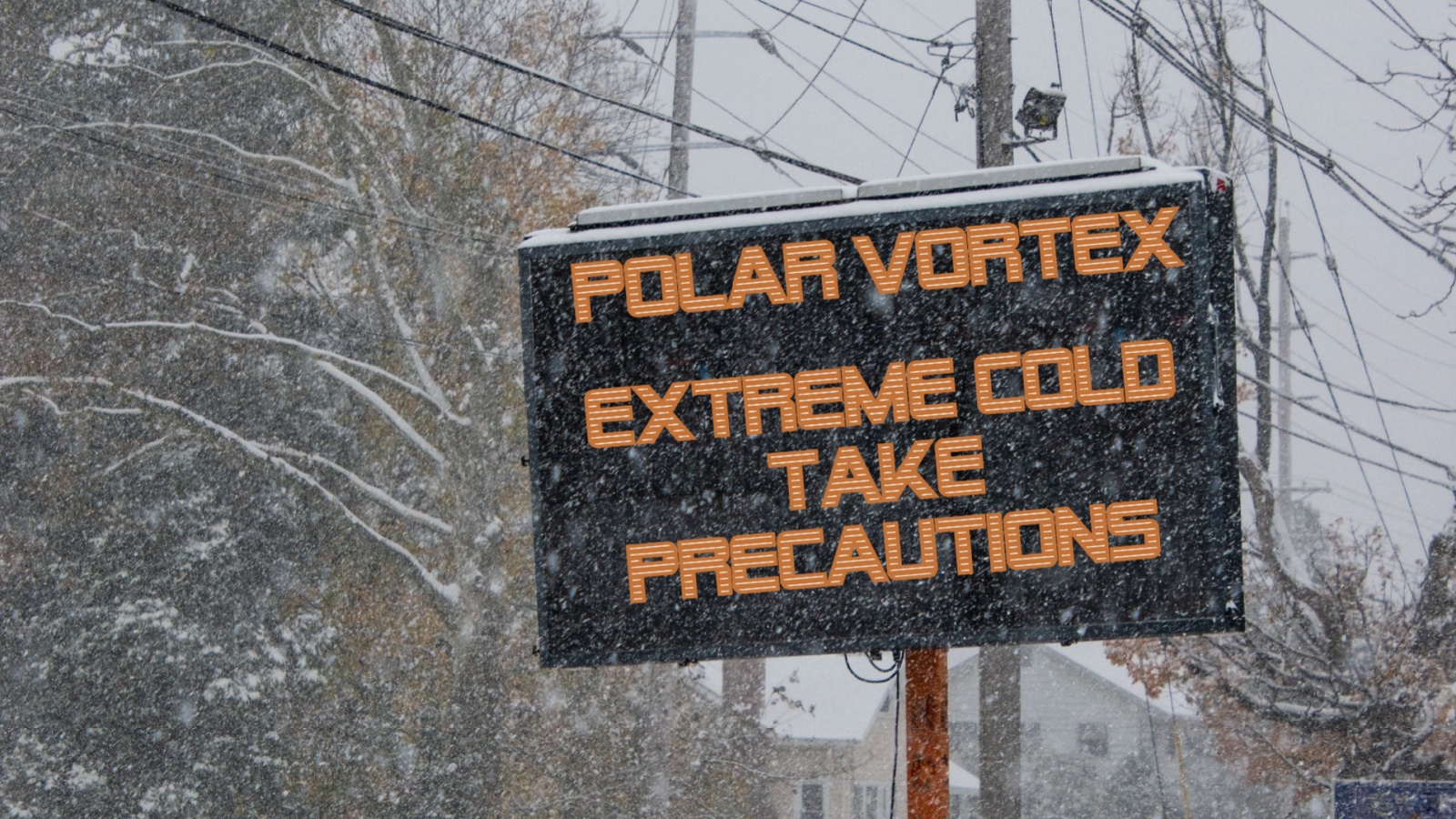
Climate change is making extreme weather more common. Heat waves, polar vortexes, and severe storms can overwhelm power grids and emergency services. Prepping means having the supplies to stay warm or cool, even during extended outages. It also means being ready to help neighbors, reducing strain on emergency responders.
8. Financial Independence
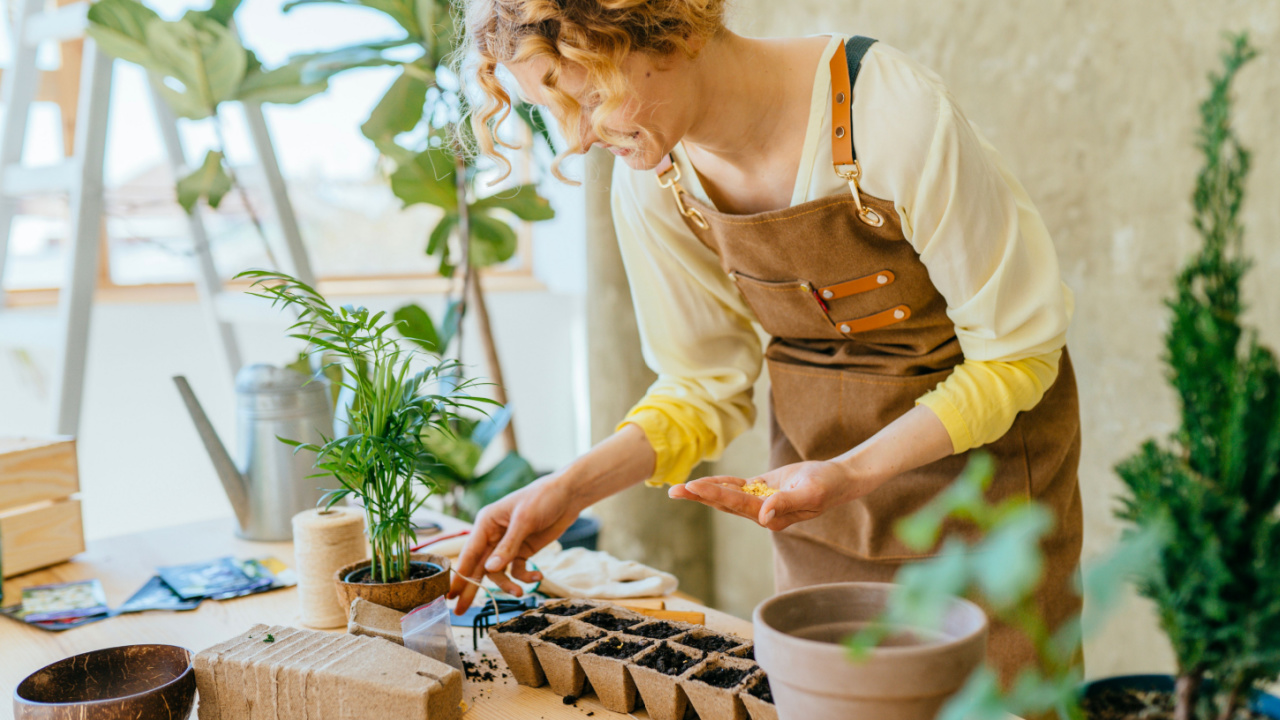
Prepping promotes financial independence. By learning skills like gardening, basic repairs, and food preservation, you become less reliant on others. This can save you money and provide security if services become unavailable or unaffordable. Many prepping skills, like budgeting and stockpiling, directly improve your financial health.
9. Food Security
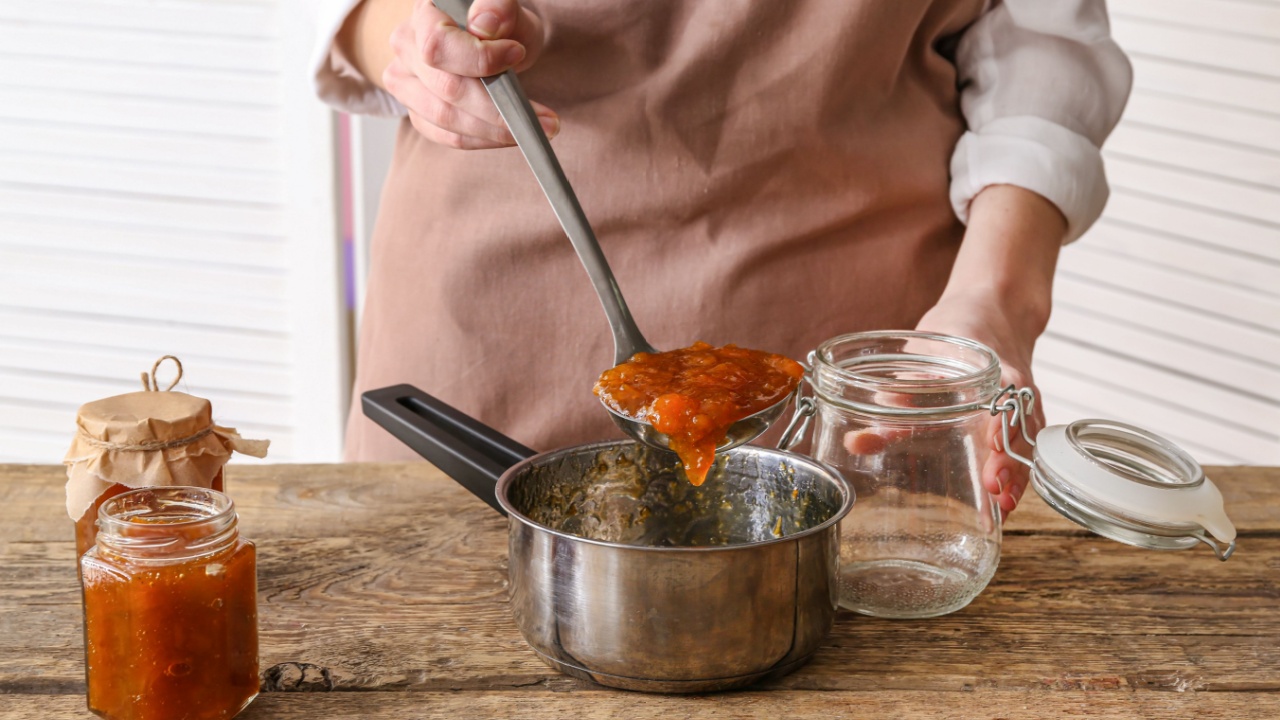
Global food systems are vulnerable to disruptions. Crop failures, transportation issues, or economic problems can lead to food shortages or price spikes. By prepping, you ensure your family has access to nutritious food, even in crisis. Learning to grow and preserve food increases your self-reliance and can improve your diet year-round.
10. Water Security
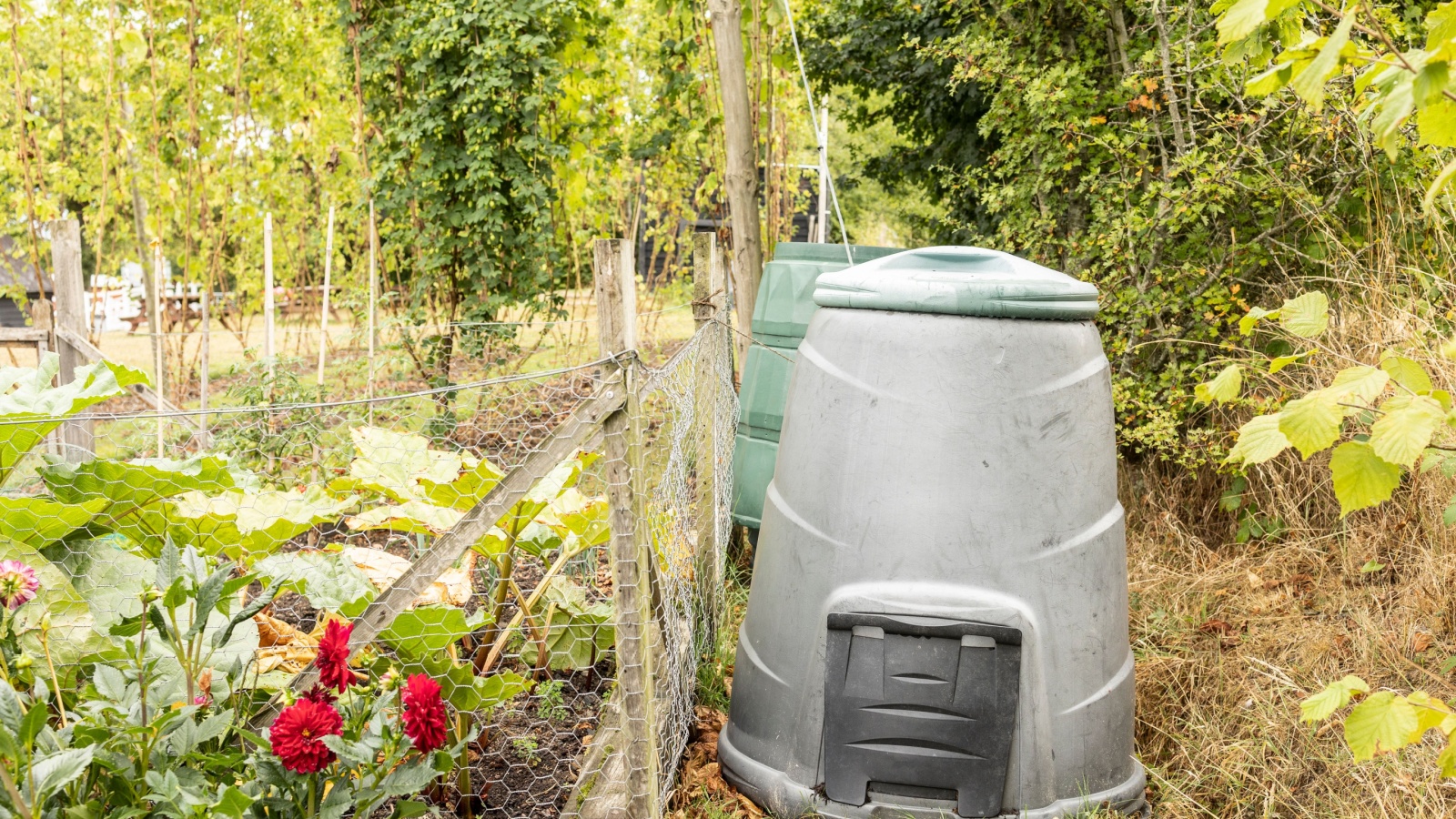
Clean water is critical for survival, yet many take it for granted. Contamination, infrastructure failures, or natural disasters can cut off water supplies. Preppers store water and have methods to purify more. This ensures you’ll have safe drinking water for weeks or months, even if municipal supplies fail.
11. Energy Independence
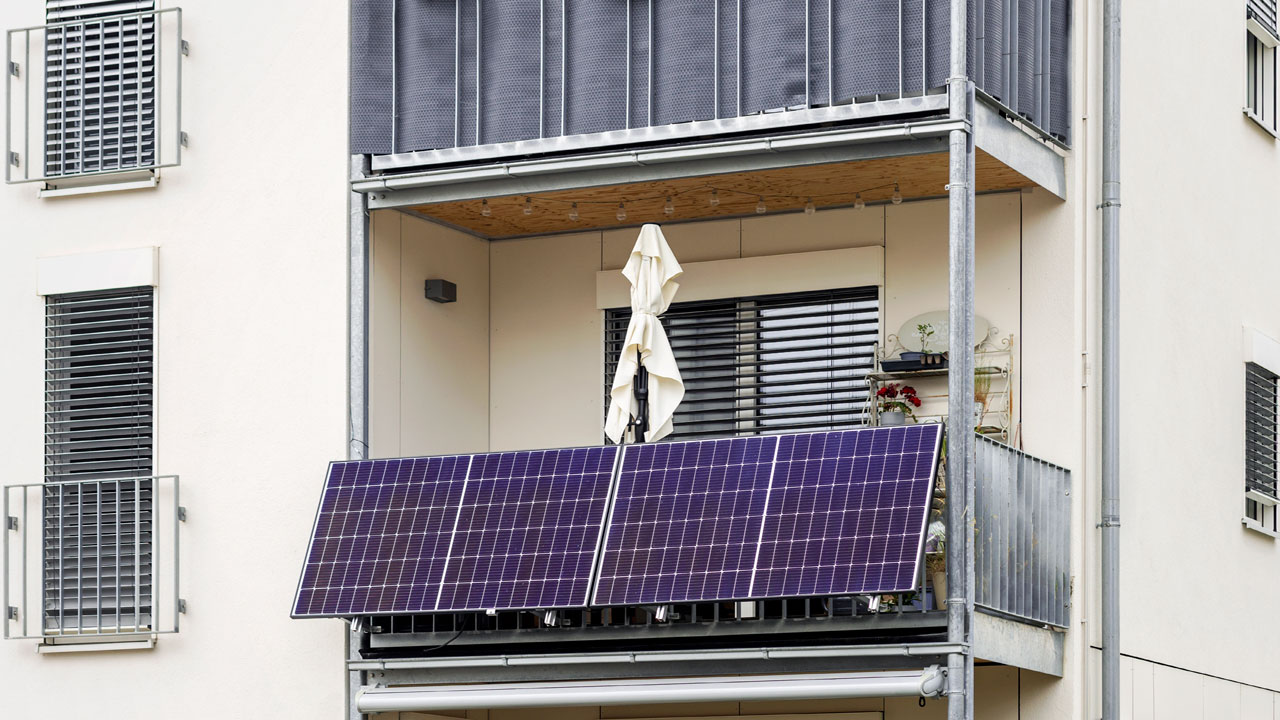
Power outages can last for days or even weeks after disasters. In 2017, Hurricane Maria left some parts of Puerto Rico without power for nearly a year. Prepping includes having alternative power sources like solar panels, generators, or even simple battery banks. This keeps essential devices running and maintains some normalcy during extended outages.
12. Medical Preparedness
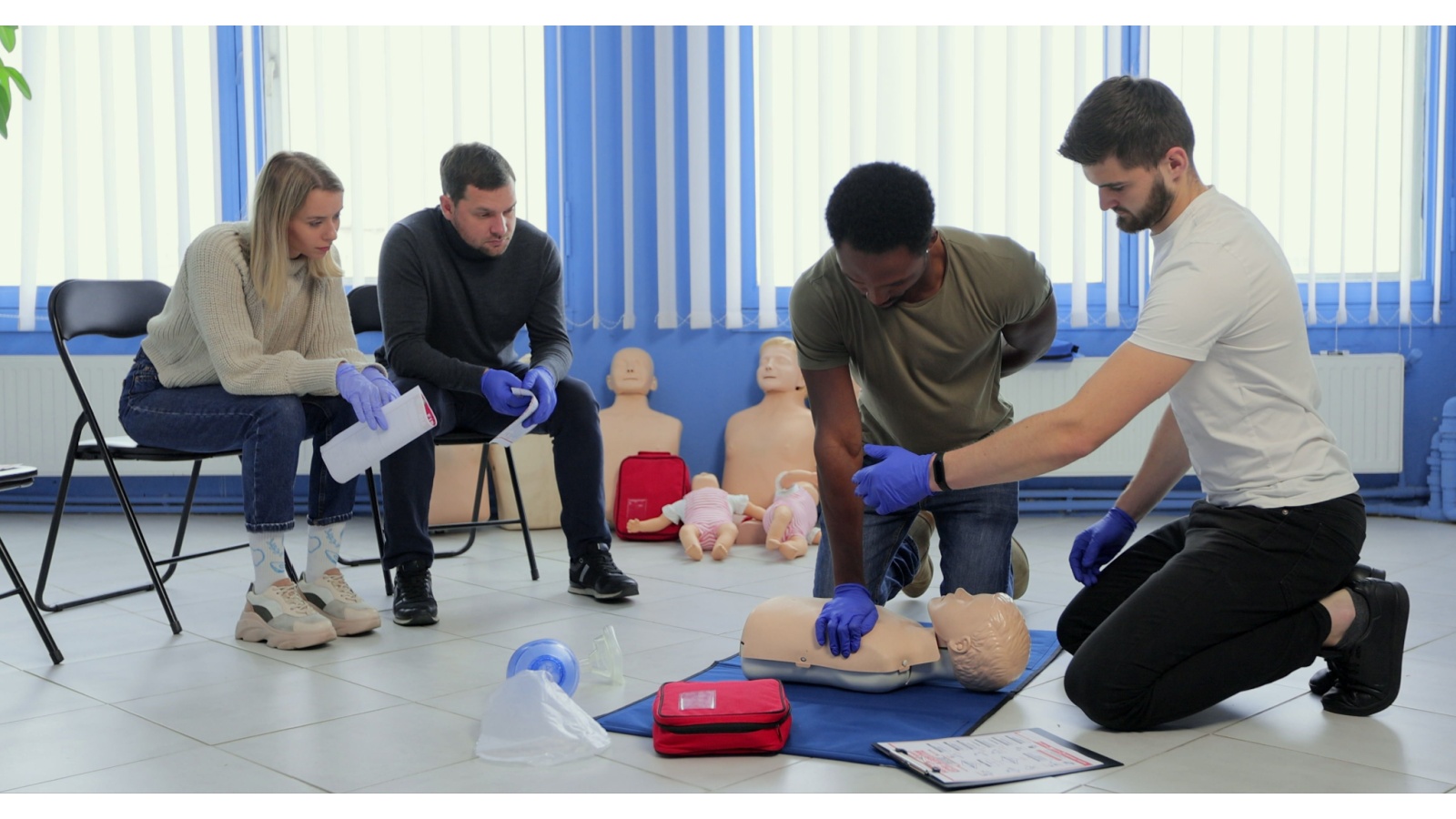
During crises, medical services can be overwhelmed or inaccessible. Having a well-stocked first aid kit and knowledge of basic medical skills can be lifesaving. Preppers often learn CPR, wound care, and how to handle common emergencies. This knowledge helps you care for your family and possibly assist others when professional help is delayed.
13. Personal Safety and Security

Crime often increases during and after disasters. Law enforcement may be overwhelmed, leading to longer response times. Prepping includes making your home more secure and having plans for personal protection. This might involve improving locks, creating safe rooms, or learning self-defense skills.
14. Community Resilience
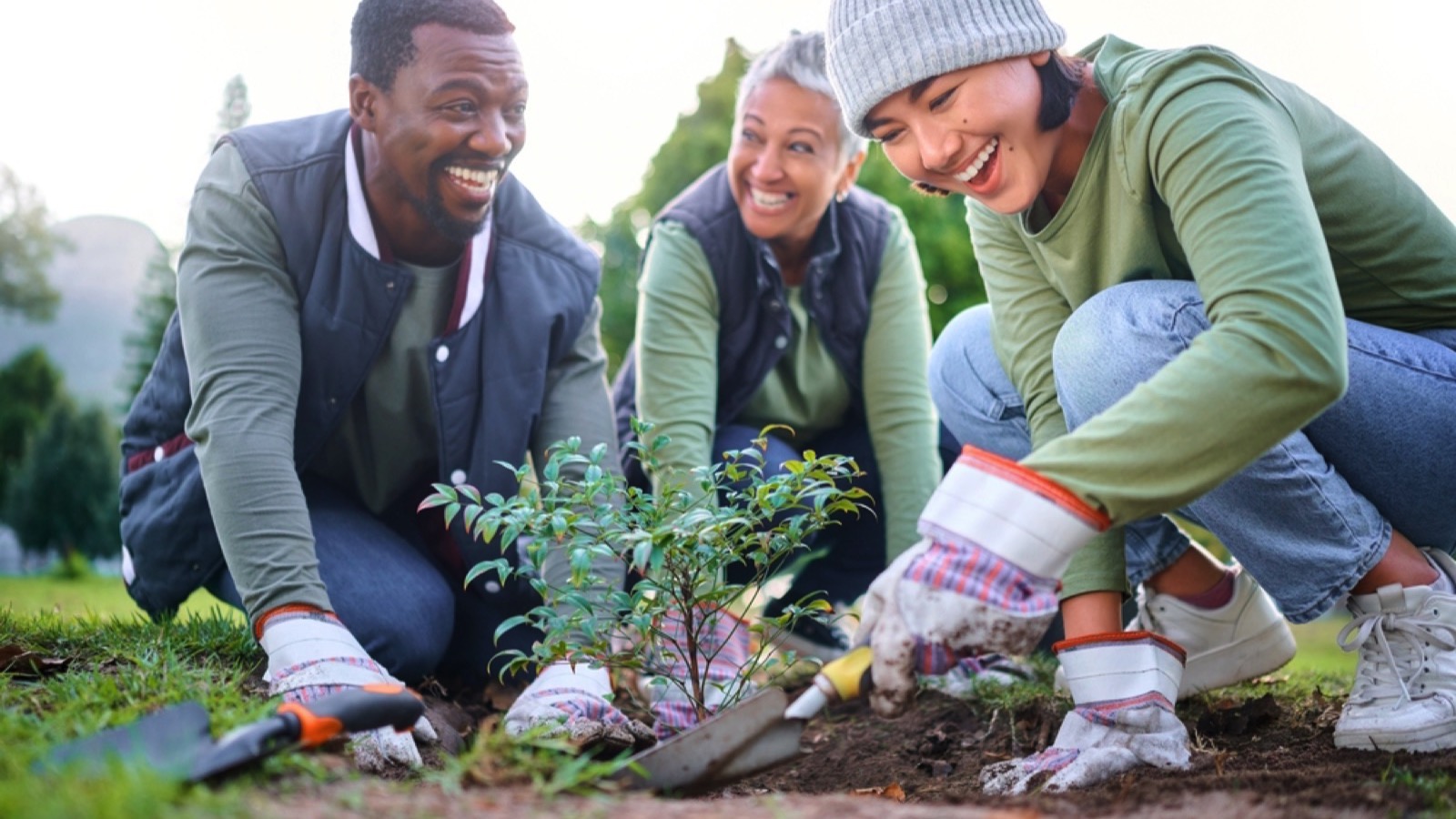
Prepared individuals make communities stronger. By being self-reliant, you reduce the burden on emergency services during crises. Many preppers also network with neighbors, sharing skills and resources. This builds community bonds and improves overall resilience. In major disasters, communities often recover faster than government aid can arrive.
15. Environmental Concerns
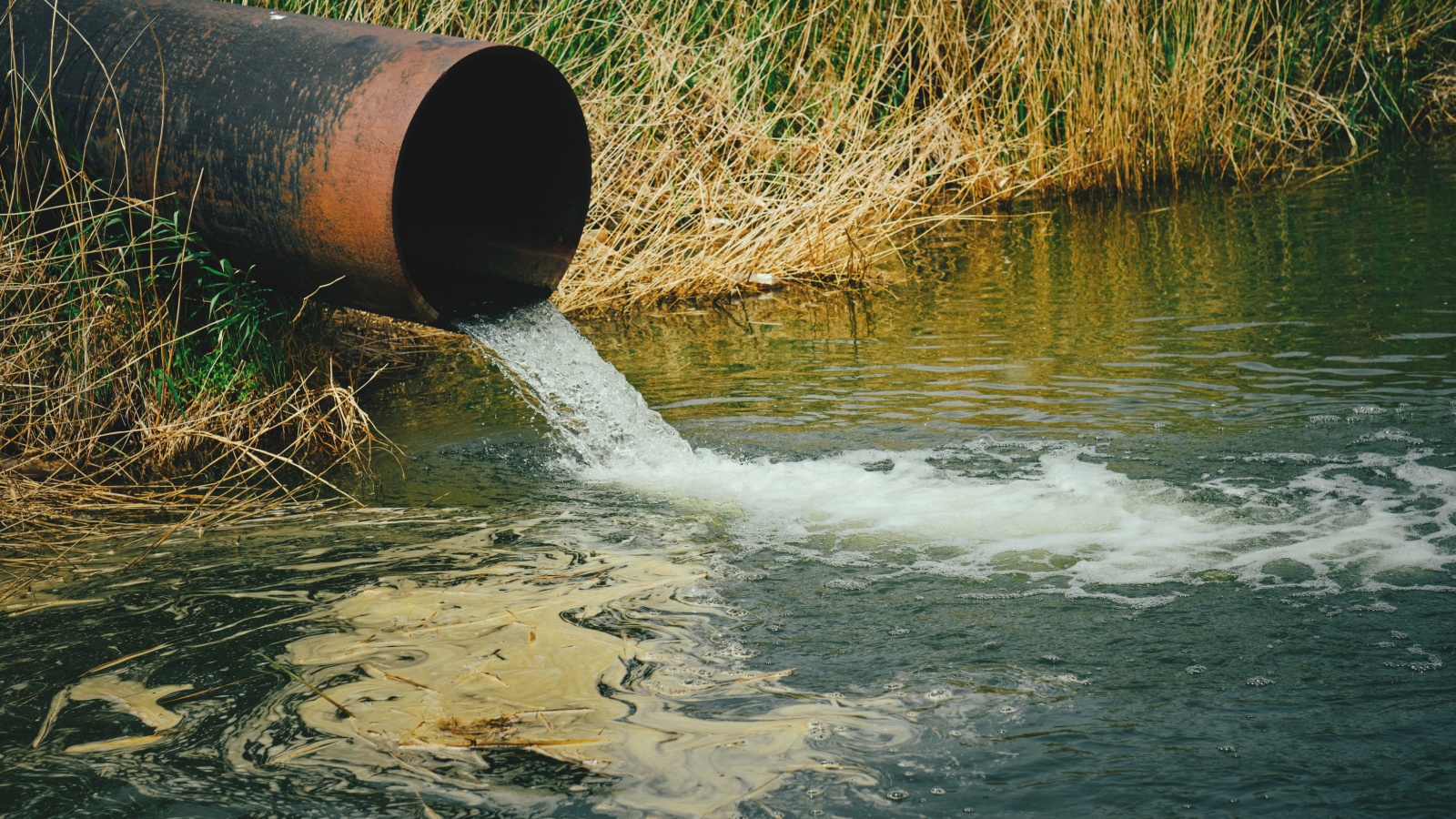
Environmental issues like pollution, habitat loss, and climate change are growing concerns. Prepping often involves adopting more sustainable practices. This might include reducing waste, conserving resources, or choosing eco-friendly products. These habits benefit you while also helping protect the environment for future generations.
16. Technological Dependence
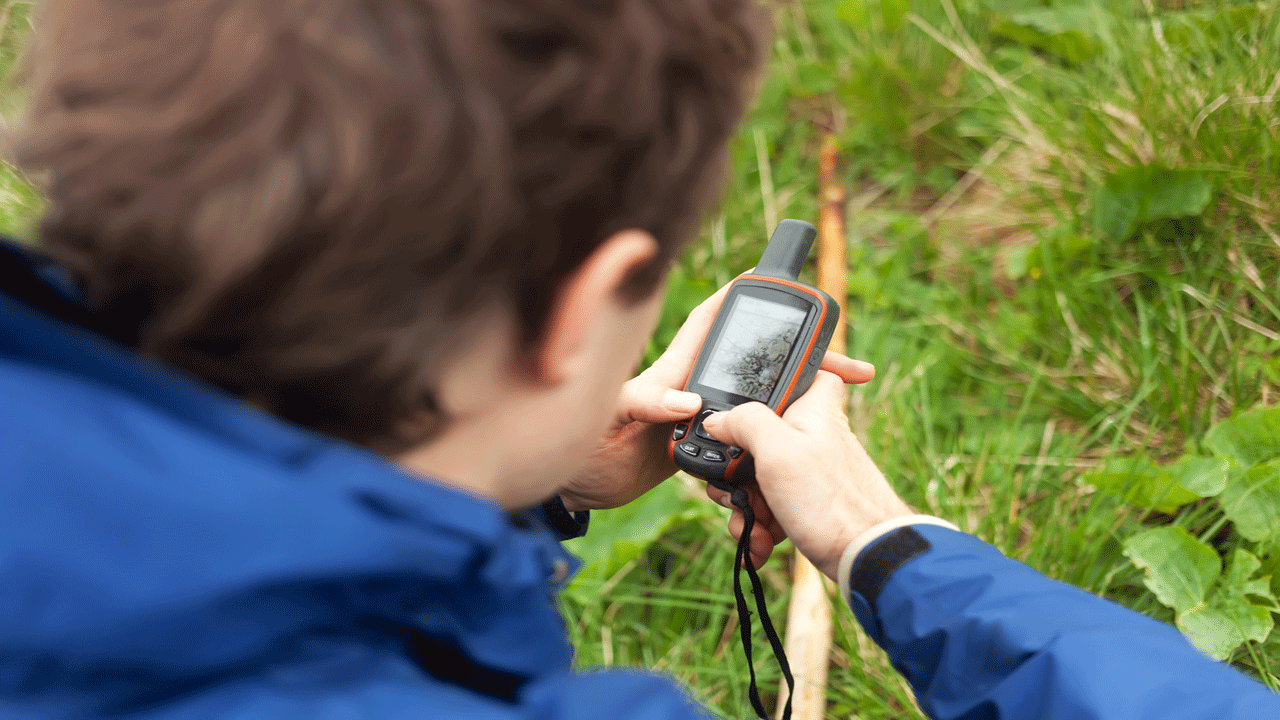
Our reliance on technology creates vulnerabilities. A solar flare or electromagnetic pulse could disable electronics across wide areas. Prepping includes having non-electric alternatives for essential tasks. This might mean having physical maps, manual tools, or off-grid communication methods.
17. Financial Market Volatility
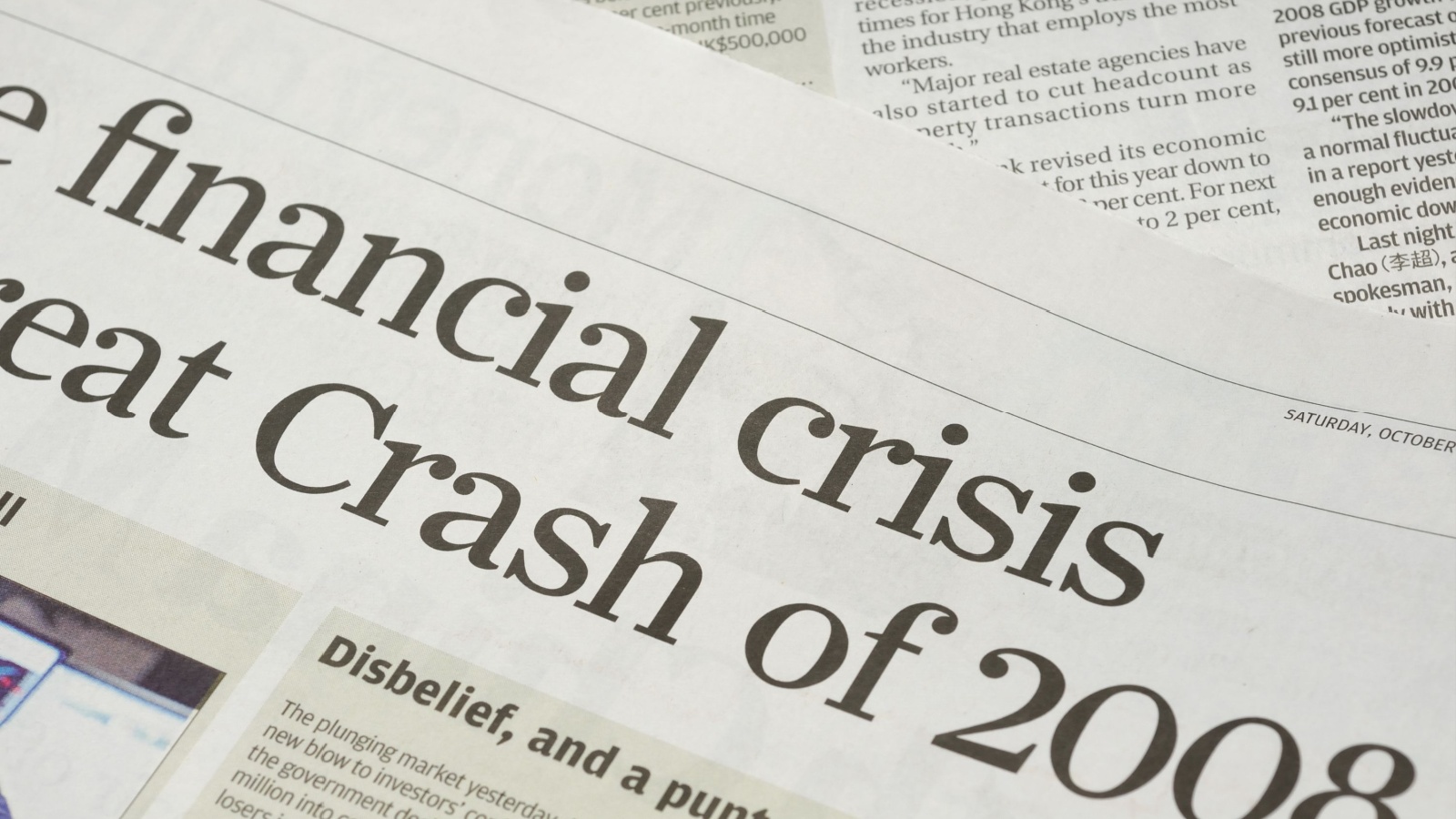
Stock markets can be unpredictable, with crashes potentially wiping out savings. The 2008 financial crisis saw some retirement accounts lose 40% of their value. Prepping often involves diversifying investments beyond just stocks and bonds. This might include physical assets like precious metals or skills that retain value regardless of market conditions.
18. Job Market Uncertainty

Industries can change rapidly, making some jobs obsolete. The rise of automation and AI threatens many current positions. Prepping includes developing diverse skills and having multiple income streams. This provides financial security and adaptability in a changing job market.
19. Inflation and Currency Devaluation
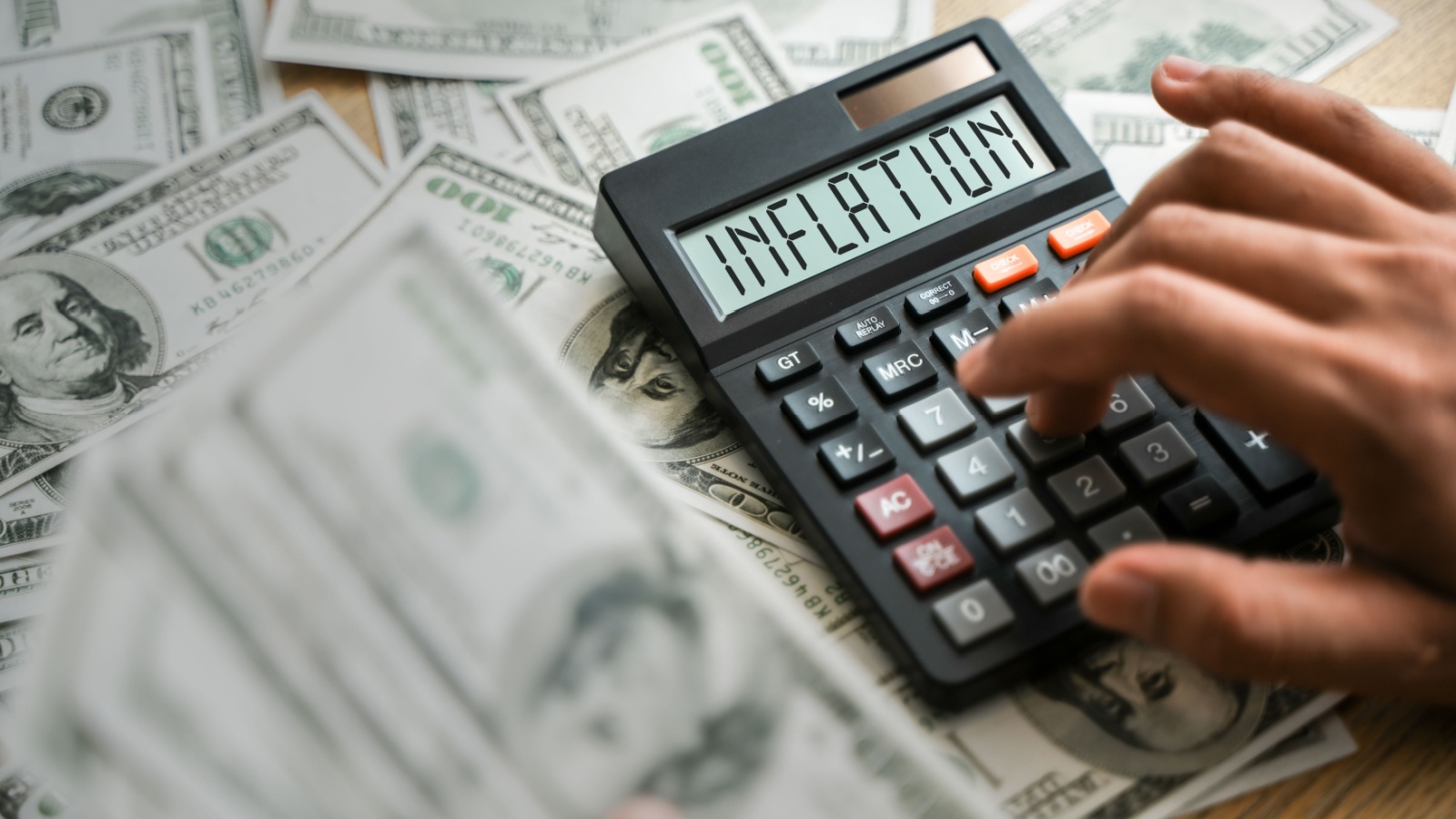
The value of money can decrease rapidly, especially during crises. In extreme cases, like in Venezuela, hyperinflation can make currency nearly worthless. Preppers often store some wealth in non-currency forms, like food, useful goods, or precious metals. This preserves purchasing power even if the currency weakens.
20. Global Conflicts
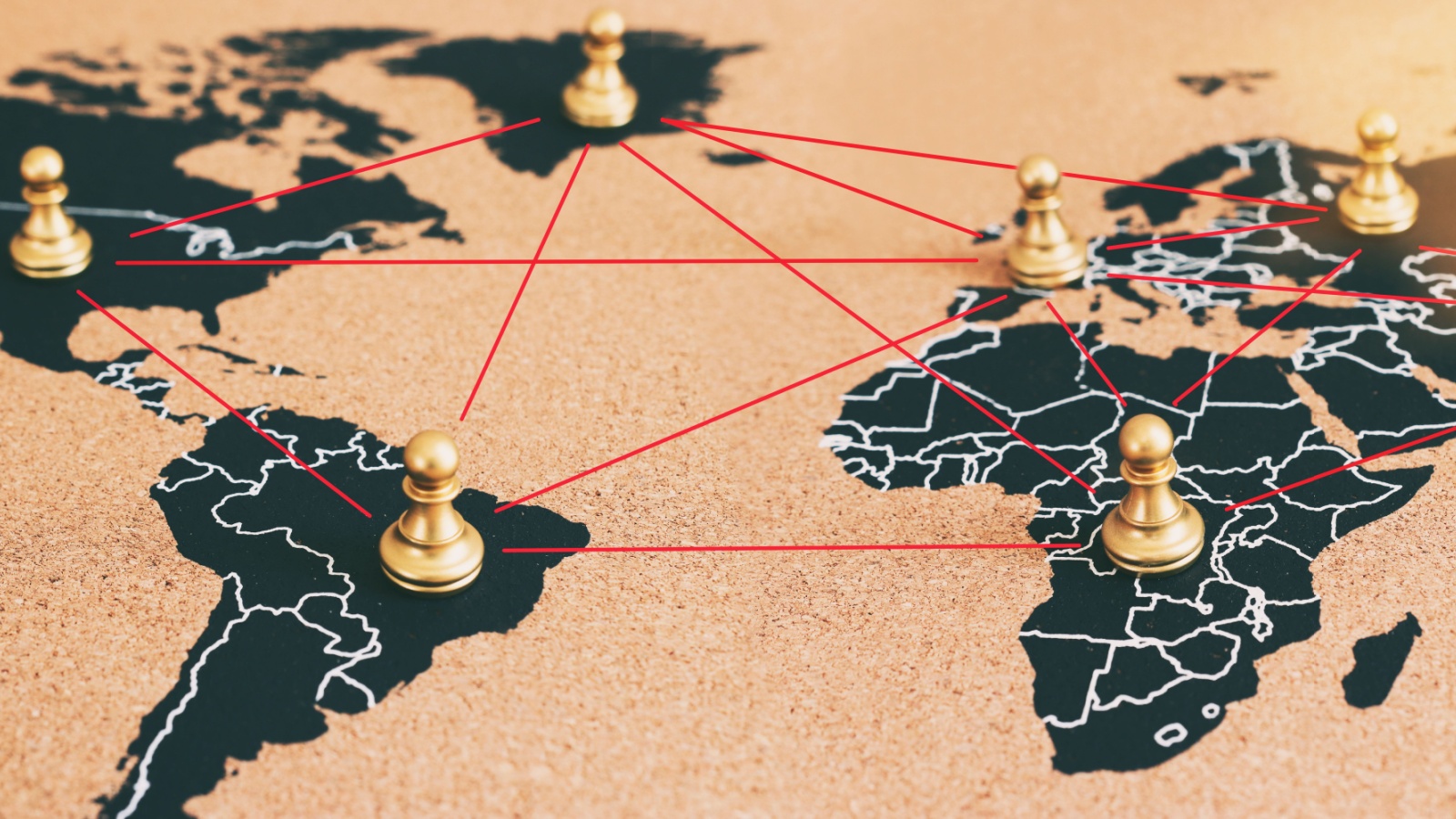
International tensions can escalate quickly, affecting global trade and security. Conflicts can lead to shortages, price increases, or even direct threats. Prepping means being ready for potential impacts, from supply chain disruptions to the need for rapid evacuation. It provides peace of mind in an uncertain world.
21. Aging Infrastructure
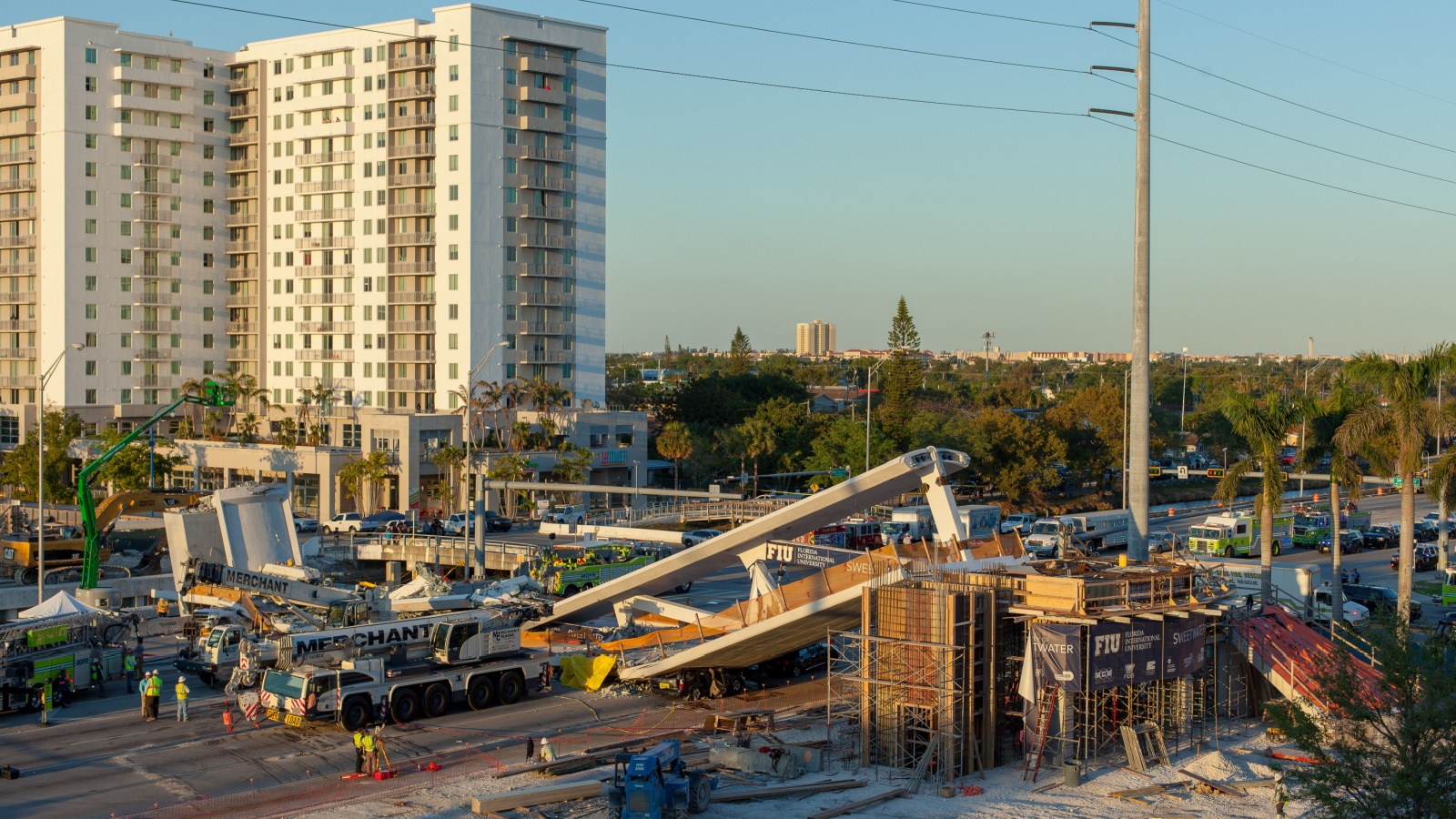
Much of our critical infrastructure is aging and underfunded. Bridge collapses, dam failures, or widespread power outages are real risks. Preppers don’t rely solely on public infrastructure. They have backup plans for water, power, and transportation. This resilience is valuable even during minor, localized failures.
22. Antibiotic Resistance

The rise of antibiotic-resistant bacteria is a growing health threat. Common infections could become life-threatening if antibiotics stop working. Prepping includes focusing on prevention, boosting natural immunity, and learning about alternative remedies. This comprehensive approach to health can be beneficial even without a crisis.
23. Space Weather Events
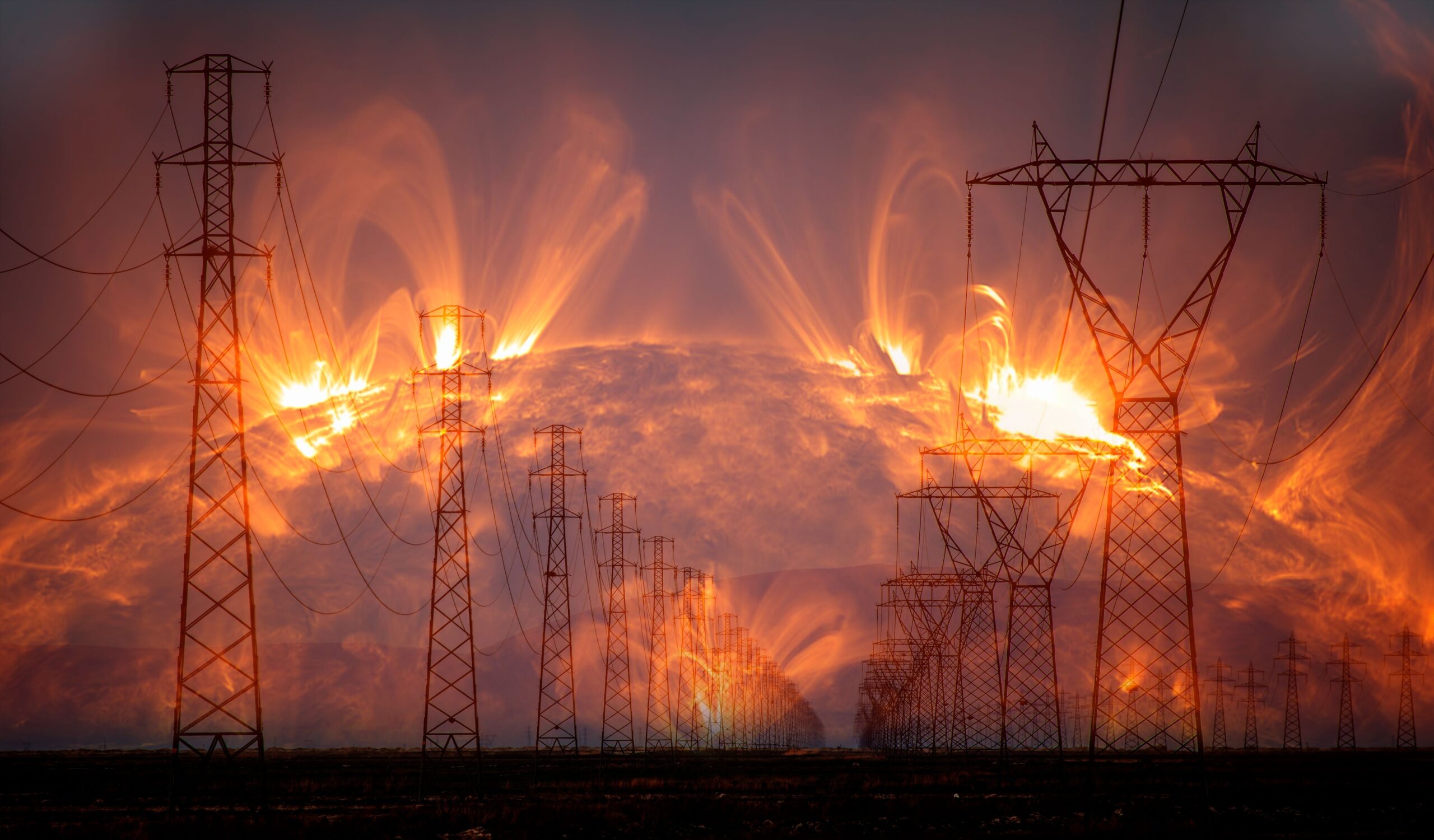
Solar storms and other space weather can disrupt satellites and power grids. In 1989, a solar storm caused a 9-hour blackout in Quebec. Preppers are ready for potential communications and power disruptions. They have offline information sources and backup power ready.
24. Personal Growth and Empowerment

Perhaps most importantly, prepping fosters personal growth. Learning new skills, becoming more self-reliant, and planning for the future are empowering. Preppers often report feeling more confident and less anxious about potential challenges. This positive mindset and expanded skill set benefit all areas of life, crisis or not.
38 Things Every Prepper Should Stockpile That Aren’t Water, Food, or Weapons

This list extends beyond the basic survival trio of water, food, and weapons. It’s a given that we need to stock up on water, food, and a way to defend ourselves and what we have. But what other things will you need in a survival situation? None of us truly knows what TEOTWAWKI will really look like, although most of us have theories we think most likely. But whatever the situation is, there are certain supplies that it just makes sense to have on hand, aside from the obvious trio I mentioned above.
14 Essential Canned Goods for Your Emergency Pantry
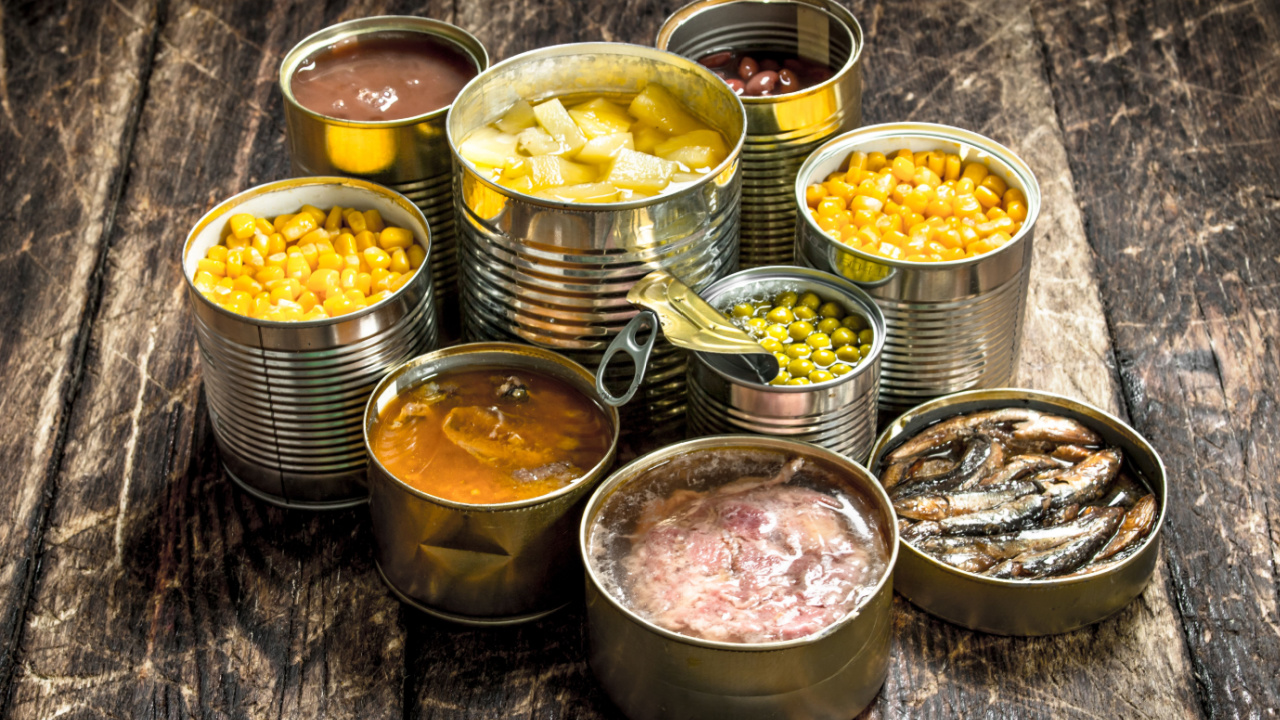
I firmly believe in keeping a well-stocked emergency pantry. While fresh food is ideal, in a survival situation, we may not be that lucky. So, for my family, even though we grow a lot of our own food, canned goods play a crucial role in emergency preparedness. They offer a reliable source of nutrition when access to fresh produce may be limited. The goods you stockpile should be affordable, easy to store, and full of nutrition.
23 Smart Ways to Preserve Food
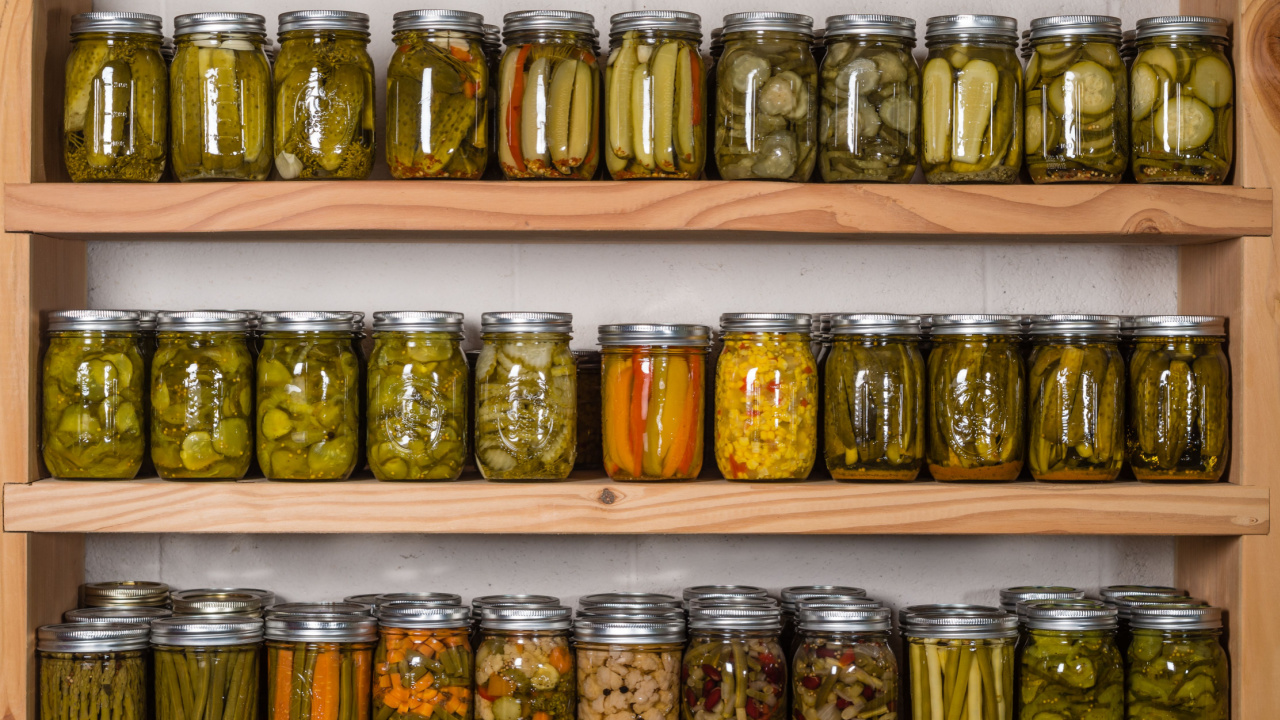
Preserving food is an art as much as it is a science, tapping into our ancestral roots and addressing modern needs. Whether you’re looking to avoid waste, prepare for leaner times, or simply enjoy the fruits of your labor year-round, these 23 smart methods will guide you through. I’m a huge fan of preserving things I find on sale, gluts of produce from my homestead, or produce I’ve bartered with someone else.



